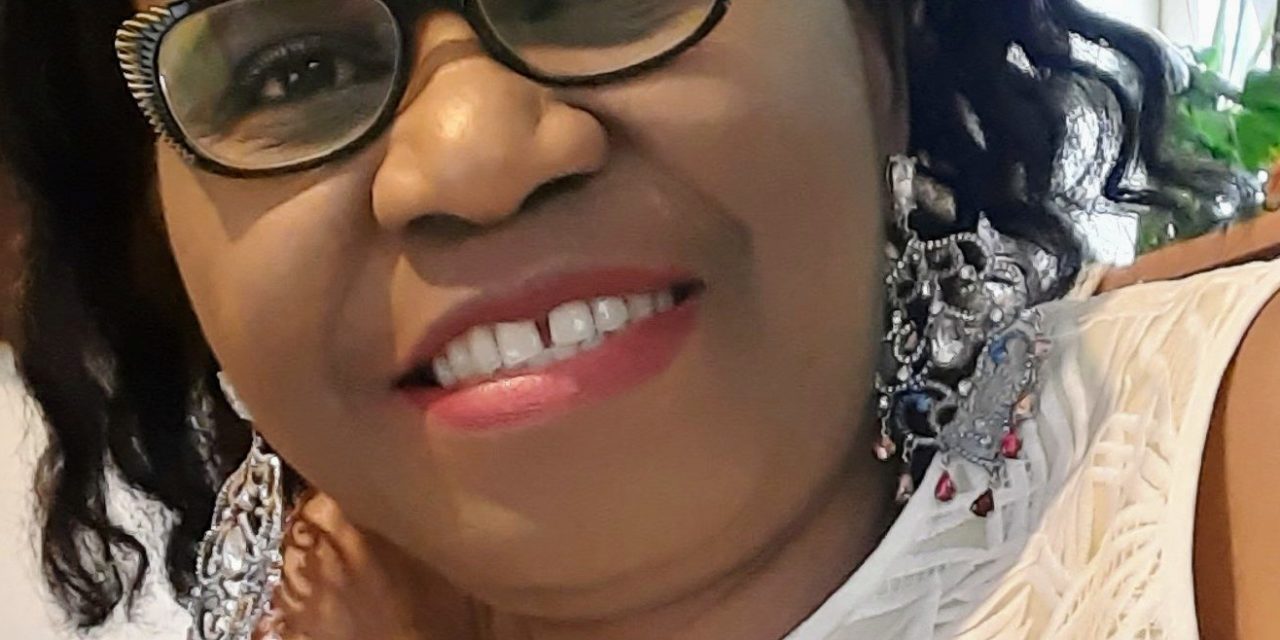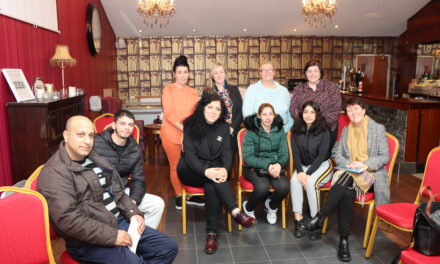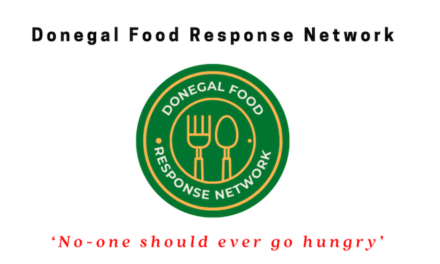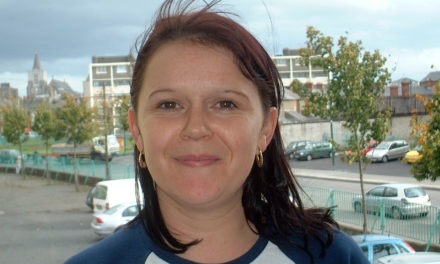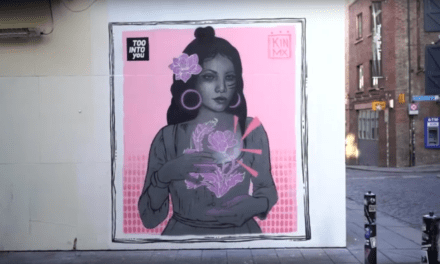Blessings has raised a child from nine months old to 19 years of age.
Introduction
Blessings, originally from Nigeria, fostered a baby who is now a thriving adult aged 19 years of age and studying nursing. She raised the child the same as if she was her own and the family overcame all challenges.
Blessings wants more people to consider fostering and she welcomes Tusla’s recognition, albeit late, of the need to promote fostering among people from new communities:
“It’s important for people to know that the demand for foster carers is huge. Hopefully, it doesn’t become a crisis situation… The face of the nation is going to look like this from now on and we have to get everyone on board,” she says.
She says there is nothing greater than fostering a child.
“I would say to anyone to do it, if they have the heart to give a child the chance to be the best that they could be. You’re giving them a home, a peaceful place where they will have calmness, food, clothes on their back and all the things humans need to thrive. If you want to do that for another human being, you will never regret it in your life.”
Blessings tells her story in this interview with Grace Barrett. Certain details are withheld out of respect for others and we are grateful to Tusla staff members who helped to connect us with Blessings for this interview.
Interview by Grace Barrett
“My name is Blessings, and originally I come from Nigeria. About 19 years ago, I moved here to Newbridge. I have four kids, all Irish children. I foster a child who is nearly 19 years old now.
“I’ve fostered my daughter for 18 years. I had her since she was nine months old, so she grew up with my own kids. My first daughter was almost the same age. So, I felt like I had twins and they’ve grown up to be like twins.”
“There have been ups and downs, but I’ve had more of the good times, because from the start I made up my mind that I was going to do this to the best of my ability. I decided in my mind and in my heart. That’s a decision that a lot of people really have to take. It’s very difficult, when you have your own children, to bring someone totally new into your own family home. You want to be a parent to them.
“Sometimes, I have to sit down and say to myself, ‘Look, Blessings. Give the child a reason to be alive. The child deserves it. The child is a human being like every other person. Except for some unfortunate thing that happened to her.’
“I said I’d give her the opportunity to live life to the fullest, just like anyone else.
“There were sometimes challenges, like with access. We weathered that as a family and stood strong during all those years, hoping for the best, believing that things were all going to be okay.
“She is a sweet, sweet child, she has her own personality and that made it easier for us. She’s so lovely. She’s kind and caring.
“It’s just the same as with your own children. I would say to anyone to do it, if they have the heart to give a child the chance to be the best that they could be. You’re giving them a home, a peaceful place where they will have calmness, food, clothes on their back and all the things humans need to thrive. If you want to do that for another human being, you will never regret it in your life.
“It is one of the best gifts you can give another person. It helps them to stabilise. Research has found that supervision and attachment are among the greatest things for a child to thrive. If a child has no one to bond with, to attach to, to be supervised by, that child cannot thrive.
“So if anyone thinks they could be that person, there’ll be ups and downs – just like there will be with any other thing in life. Let them make up their mind from the start, like I did, that no matter what, I will go through this.
“The overall satisfaction and the joy that you can give of stability and life to another human being is the reward.
To other Irish parents
“I’m Irish, I’m Irish now. I’m going to be here for a long time. So I speak for the rest of Irish parents. So that they can see fostering as parenting.
“There’s nothing greater than seeing another human being – who otherwise may have perished or something would have happened to them – to see them thrive. Look at my baby, my daughter, she’s so blessed, so happy. She’s well brought up, she’s well mannered. She’s no different than my other, my birth kids. They are the same and I treat them the same. I see them the same.
“She’s going to college now, doing nursing. She was a prefect in her school. She got A1s and A2s and every year she won the award for the child with the best attendance. She’s into sport and very active in church and with her youth group. She just passed her piano exam with honours and now she can teach piano. She is thriving.
“Sometimes, she drives me to tears. She looked at me (one day) and said, ‘What you did for me I will never forget. I will tell my children. I will tell my children’s children.’
“She compares herself with (another foster child) who was moved from one home to another. She asks why is she special. Why did God love her so much and give her to me? Why did her own life turn out good? Why? What happened?”
“I’m not saying this to praise myself or to look good or something. I’m just saying how it is.
“At a point, I almost wanted to give up, but then I had a chat with my husband and he said, ‘You cannot give up now. You can’t. You said you made up your mind.’ I came back to my senses and I kept my baby, all these years. I will never regret it. It’s one of the greatest things that I’ve done in life.
“I am very happy, blessed and proud of myself. I’m working towards a PhD, but no achievement will equal this. So, I would say to my fellow Irish people: ‘Go and do it. If you have made up your mind, come onboard, it is very rewarding. There will be ups and downs – brace yourself – and do it!’
Inclusion
“It’s important for people to know that the demand for foster carers is huge. Hopefully, it doesn’t become a crisis situation.
“Inclusion is so important because the Ireland of today is so different to what it was in the past and going forward, it’s going to be like this, even more so.
“So with Tusla starting inclusion now, a little late – it’s fine because we have started, but we must continue, because the face of the nation is going to look like this from now on and we have to get everyone on board.
“Everyone should know, not just feel, that they belong, and that this is their home. That they can thrive here and can give it their best shot here.
“And that they can work hard and do good for the nation’s sake, and move the nation forward. I see that for Ireland.”

